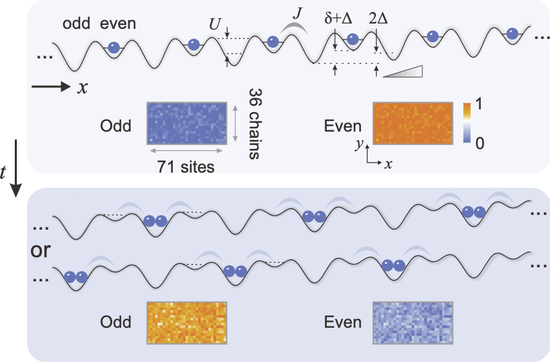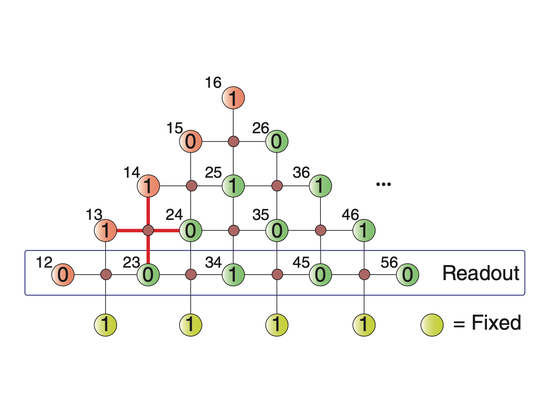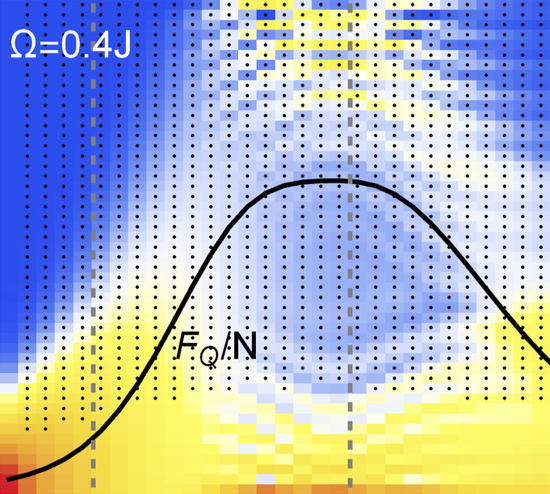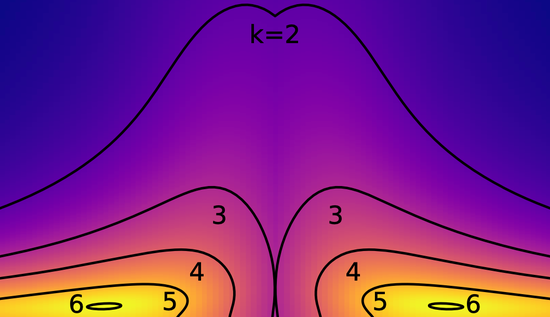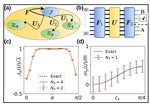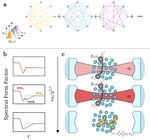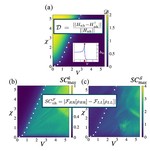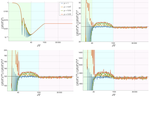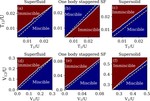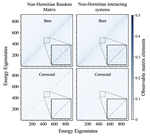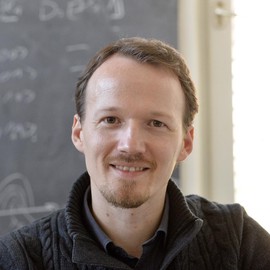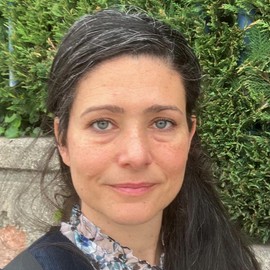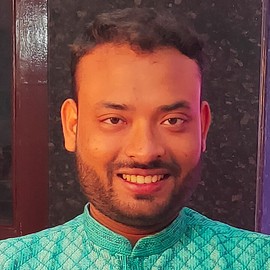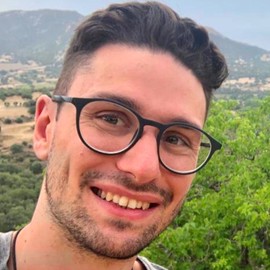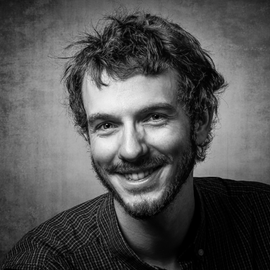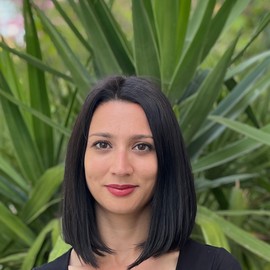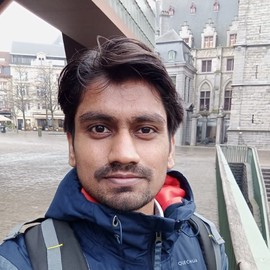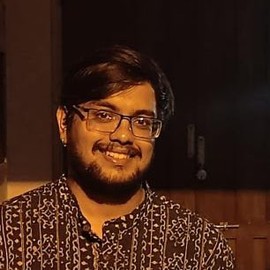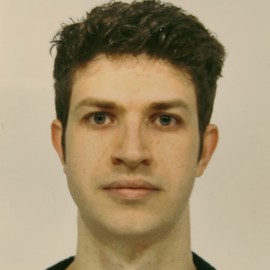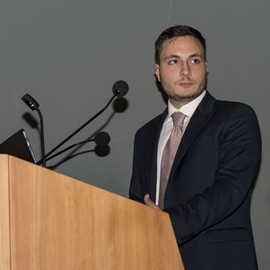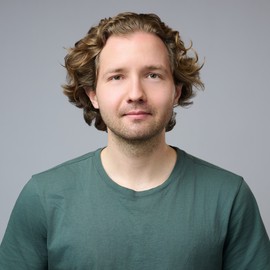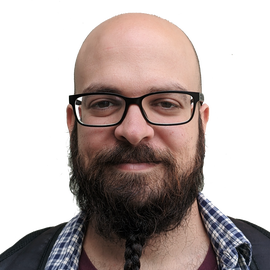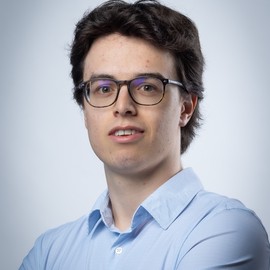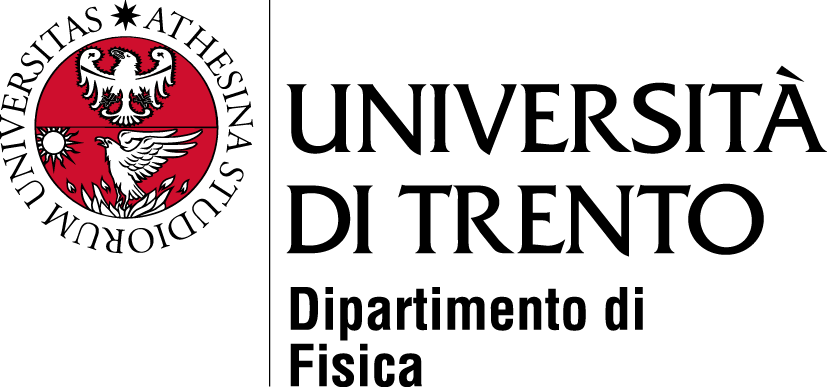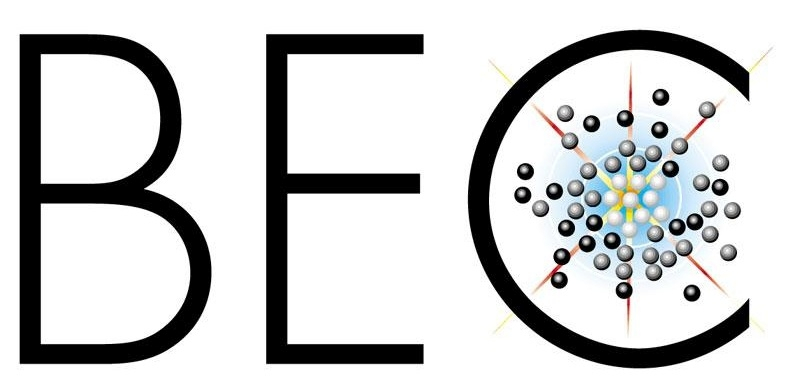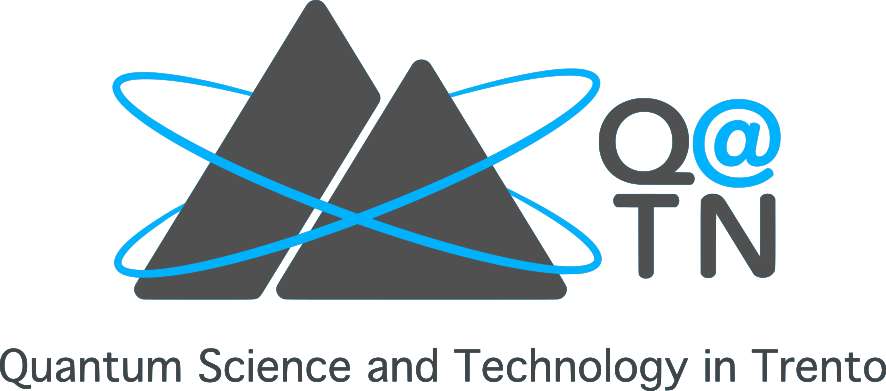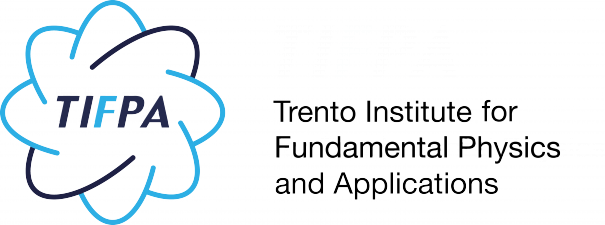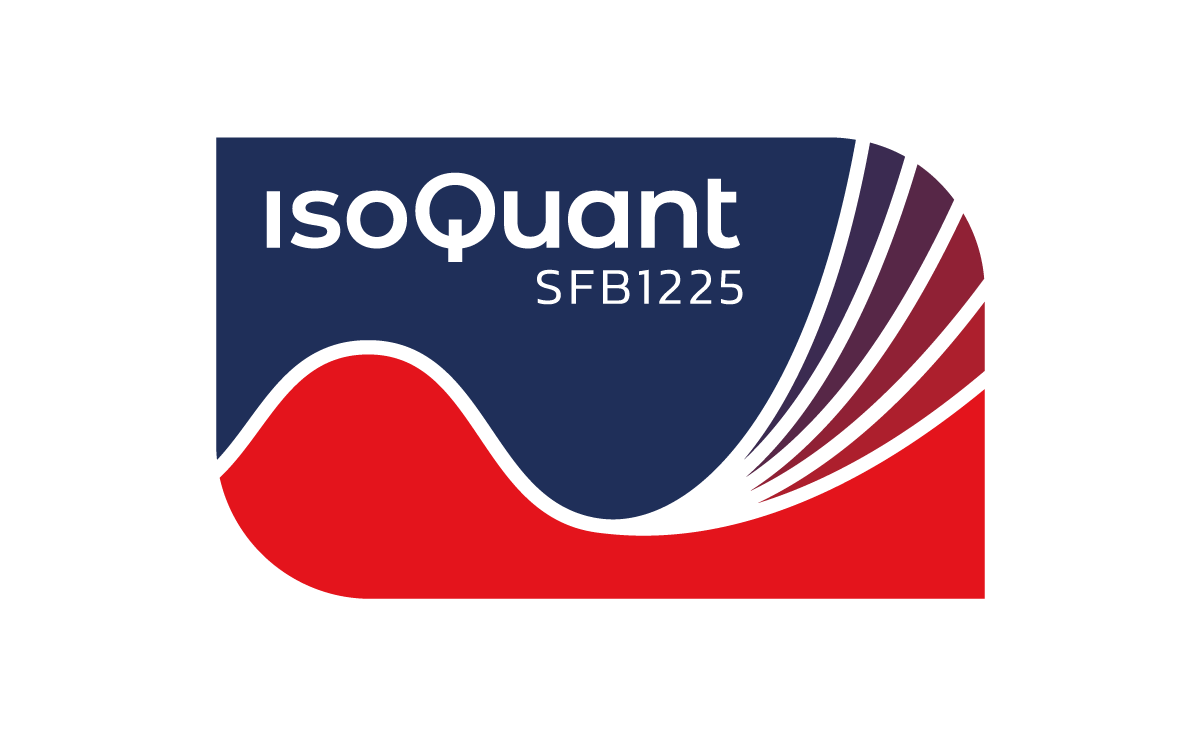Affiliations
Our group is embedded in the
Pitaevskii BEC Center — a joint interinstitutional effort between CNR-INO and the University of Trento, bringing together theorists and experimentalists with the aim of gaining a deeper understanding of the physics related to Bose–Einstein condensation as well as achieving precise experimental control over ultracold atomic systems.
Moreover, we are part of
Q@TN — Quantum Science and Technology in Trento — an interdisciplinary organization bringing together Physicists, Computer Scientists, Mathematicians, Material Scientists, and Engineers to advance the development of quantum technologies.
We are members of
INFN-TIFPA, where we contribute in particular to the Research Network (Iniziativa Specifica)
QUANTUM, which pursues a quantum-information approach to strongly correlated matter. Aims of our research within this initiative are to design quantum simulations for lattice gauge theories and analog gravity, to illuminate the role of entanglement in many-body systems, and to design methods to extract complex observables from experimental data.
We are associated partner of the BMWi project EnerQuant: Energiewirtschaftliche Fundamentalmodellierung mit Quantenalgorithmen as well as
CRC 1225 ISOQUANT: Isolated quantum systems and universality in extreme conditions.
Funding
Our group is receiving funding from the Provincia Autonoma di Trento, and
Q@TN — Quantum Science and Technology in Trento, from the European Union under NextGenerationEU via the
ICSC – Centro Nazionale di Ricerca in HPC, Big Data and Quantum Computing.
Views and opinions expressed are however those of the author(s) only and do not necessarily reflect those of the European Union or the European Commission. Neither the European Union nor the granting authority can be held responsible for them.
Active grants:
-
European Union’s Horizon Europe research and innovation programme, grant agreement No 101080086
NeQST.
-
Swiss State Secretariat for Education, Research and lnnovation (SERI) under contract number UeMO19-5.1.
-
QuantERA II Programme through the European Union’s Horizon 2020 research and innovation programme, Grant Agreement No 101017733
DYNAMITE.
-
European Union under NextGenerationEU, PRIN 2022 Prot. n. 2022ATM8FY (CUP: E53D23002240006).
-
Fondazione CARITRO, Cassa di Risparmio di Trento e Rovereto, Progetto Scalable QUAntum Simulation of Yukawa-SYK Holography – SQuaSH (CUP: E63C24002750007).
Past grants:
-
European Research Council (ERC) under the European Union’s
Horizon 2020 research and innovation programme ERC-2018-STG project StrEnQTh — Strong Entanglement in Quantum many-body Theory, Grant agreement No. 804305.
-
Italian Ministry of University and Research (MUR), FARE grant for the project DAVNE (Grant R20PEX7Y3A).
